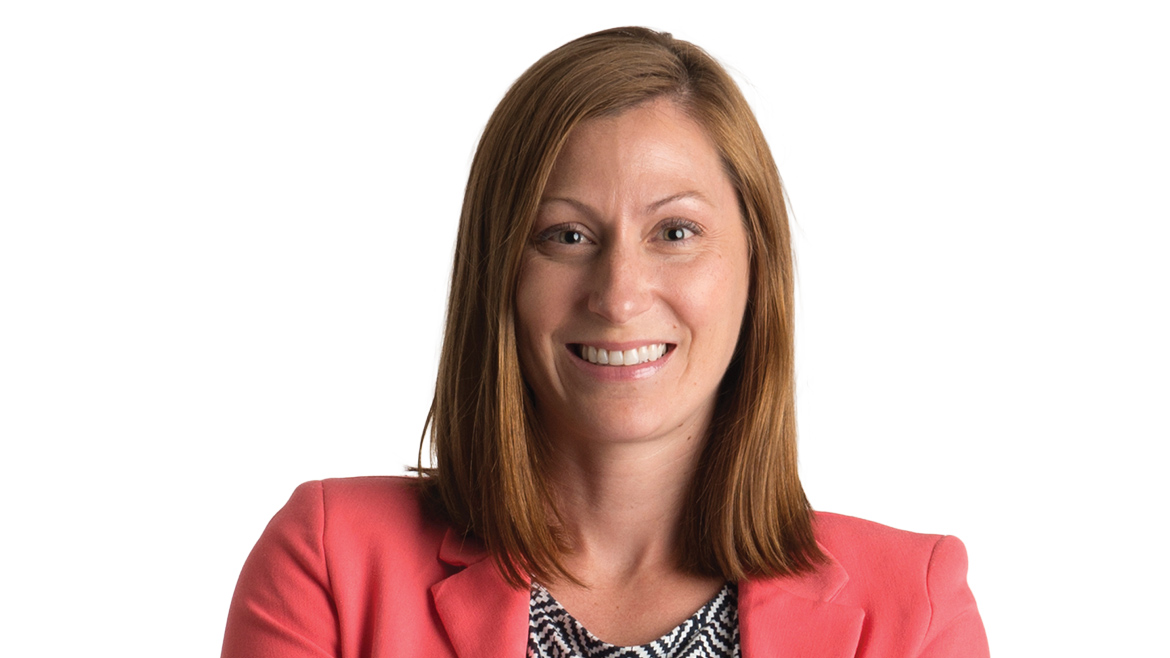Tami Sells, Moberly Area Community College

-
What are the current challenges in the community college industry?
The toughest challenge for a community college is funding. In Missouri, community colleges educate 40 percent of students in higher education but receive only 15 percent of the funding allocated to higher education as a whole. Although we have a smaller operating budget than most four-year institutions, we continue to offer as many free services to our students as possible.
-
What are the misconceptions about community college education?
Common misconceptions of community colleges involve the quality of instruction and curriculum. Unfortunately, this stereotype is sometimes promoted by pop culture. Instructors at MACC are engaging, flexible, and extremely invested in student success. Small class sizes allow our instructors to provide individualized instruction, offer a great deal of guidance, and connect with students.
-
How does MACC fit into the higher education environment in Columbia?
I think MACC has a very unique niche in the Columbia community. Because we are an open enrollment institution, no student is turned away. Students come here for a number of different reasons: small class sizes, quality instruction, low cost, a springboard into a four-year program, etc. We can also be flexible and responsive in meeting workforce training needs.
-
What is your relationship like with other higher education entities in Columbia?
We have a very good working relationship with other higher education institutions in the area. In fact, we have developed partnerships with many to ease the transition from a two- to a four-year degree. Columbia College, Central Methodist University, and MU all offer coursework in our building. We have some program-specific agreements in place to facilitate transfers as well, such as our architectural studies co-enrollment agreement with MU. Columbia College and MU are two of our top receiving transfer institutions, so we work diligently with both institutions for the benefit of students. There is value to starting at a community college, and I think other institutions acknowledge this.
-
Years ago, MACC relocated to Parkade Center. Do you plan to stay?
Parkade Center management has been very accommodating, allowing us to expand when needed, and easy access to I-70 makes the location convenient for our students, so we do not have plans to relocate at this time.
-
What are some new programs MACC is offering?
Here in Columbia, we have expanded our mechatronics program, which launched in 2012, to include a mobile classroom with a truck and a trailer. We have also recently revamped the Associate of Science pre-engineering degree program so that students completing the degree can seamlessly move into MU or Missouri S&T’s engineering program. Beginning in fall 2016, our Hannibal site will offer a continuing education certificate in fire academy.
-
What is your school’s greatest strength?
Our greatest strength is our clear focus on the needs of students and the community. We continually adapt our course offerings and degree options based on local need. We are very student-centered and have a true commitment to student success. We never lose sight of our mission, which is to provide dynamic and accessible educational opportunities that empower our students and enrich our communities.
-
What are some challenges your students face when transferring to a four-year program?
As with any life transition, students are faced with familiarizing themselves with a new culture. Fortunately, we have partnerships with some other colleges and universities in the area that are designed to help support the transition from a two- to a four-year degree. During advising sessions, our academic advisors ask students if and where they plan to transfer, a process that guides students to select classes best suited for their future degree path. We also frequently check the transferability of our courses to other schools to ensure our courses are aligned with an equivalent course.
-
What are some of your more popular programs?
We offer a variety of different degree programs. In Columbia, our most popular programs are the Associate of Arts transfer degree, Associate of Applied Science in computer information technology, and Associate of Science in pre-engineering.
-
What is the relationship like between MACC and the Columbia business community?
The community’s need drives our course offerings. We have advisory board meetings every semester for a number of different career and technical programs. In these meetings, our program coordinators and local business representatives work together to determine if there is a need to expand or alter our curriculum to match the needs of area businesses. This process helps ensure that MACC is providing our students with the education they need to join, and succeed in, the workforce.
-
What is something we might not know about MACC?
MACC is very innovative and offers courses using a variety of different platforms in the day and evening, including ground (in-seat classroom), hybrid, virtual, and online, so students can schedule classes around other obligations. We also have dual-credit course offerings and courses held at five different locations to accommodate students in our service region: Moberly, Kirksville, Hannibal, Mexico, and Columbia.


